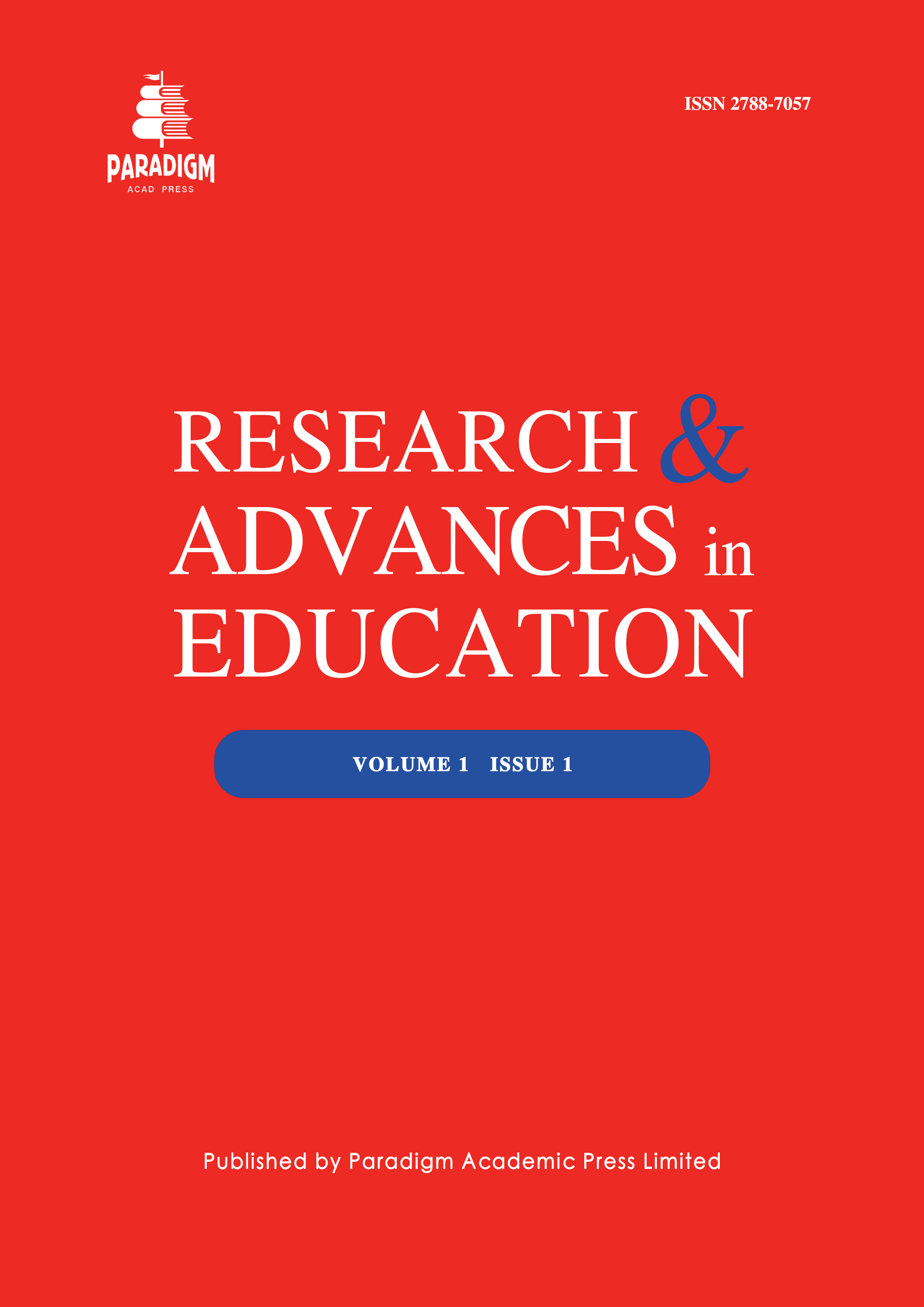The Survey on Students’ Emotional State in Oral English Learning of Junior Middle School—Taking No.11 Junior Middle School of Yichang City as an Example
Keywords:
affective filter hypothesis, oral English learning in junior middle school, affective variablesAbstract
Under the background of the new curriculum reform, the inspection of listening and speaking ability has become an important part of the high school entrance examination, with the score accounting for about one third. The training and cultivation of oral English ability is an increasingly important task in English learning and teaching in junior middle school. For most junior middle school students who lack oral English learning skills and experience, the part of listening and speaking is the weak link in their language learning. Therefore, junior middle school students are prone to have negative emotions towards oral English, which is not conducive to English language learning.
On the basis of the affective filter hypothesis, this paper analyzes the emotional variables of students, investigates the emotional attitudes of 80 students, from two classes of Grade eight, towards oral English learning, in No.11 middle school in Wujia District, Yichang, Hubei Province, in the form of questionnaire, and explores the influencing factors of anxiety about oral English learning and coping strategies to increase students’ confidence and motivation, and relive anxiety, thus improving their oral English.


